Victor Hugo was born on February 26, 1802, in Besançon, France. After training as a lawyer, Hugo embarked on the literary career. He became one of the most important French Romantic poets, novelists and dramatists of his time, having assembled a massive body of work while living in Paris, Brussels and the Channel Islands. Hugo died on May 22, 1885, in Paris.
Victor-Marie Hugo was born in Besançon, France, on February 26, 1802, to mother Sophie Trébuche and father Joseph-Léopold-Sigisbert Hugo. His father was a military officer who later served as a general under Napoleon.
Victor Hugo studied law between 1815 and 1818, though he never committed himself to legal practice. Encouraged by his mother, Hugo embarked on a career in literature. He founded the Conservateur Litteraire, a journal in which he published his own poetry and the work of his friends. His mother died in 1821. The same year, Hugo married Adèle Foucher and published his first book of poetry, Odes et poésies diverses. His first novel was published in 1823, followed by a number of plays. Read more.
I.Weisband, Working Materials, 1986. Translated by Dmitri Lytov, edited by Lev Kamensky, 2002
1. Ardent. He has a wide spectrum of powerful emotions. He is capable of staying true to the vision of his youth throughout his whole life (Henry Schliemann still in his childhood decided to excavate the city of Troy; to achieve his dream he had to get an education, in spite of his poverty, and to get rich). An admirer of the arts as a source of pleasure. He creates his mood by himself and knows how to make it contagious for others. Emotionally fine, kind, compassionate.
2 Untiring. Always active, he is ever mixing with people, rushing to and from. He can easily switch from one task to another. He works very diligently. He does not prefer one errand to another, all should be accomplished whether interesting or not. This is not something to be discussed or analysed; simply the work must be completed. He appears very self-assured and self-satisfied, as if succeeding without effort in all endeavours. It seems like he acts promptly and gets good results. However, he himself might not see it that way, so he greatly appreciates sincere compliments for his work.
3. My home is your home. Hugo is a pleasant interlocutor and a very attentive listener. He can pick the right key to any person. He joys himself in making others happy. Revels in table talks and all sorts of merriment. All his considerate attention is for his guest. He is capable of understanding other people, admire them, approve of their deeds, and express compassion. He trusts people, is distant from envy taking pleasure in the successes of others. He accurately detects their flaws and makes fun of them, without any intent to insult the person.
4. Traditionalist. He does not seek or like new solutions preferring older, time-tested methods. To solve the most intricate problems it is necessary for him to work alone, he gives too much attention to people and would be distracted if someone is around. When working among others he makes a lot of unnecessary movements, as if to disguise what he is really doing. In this way he draws to work his dual (The Analyst), which does not tolerate a commanding tone. He loves when people trust his word and do not demand for him to substantiate what he is saying. He is not aggressive, but he defends himself very actively. He won’t even let his superiors offend him.
5. Adherent of order. He loves to dress up and takes good care of his appearance. He can’t tolerate any disorder or uncertainty in everything from his appearance to his garage and cubbyhole. He does not wish to adapt to the tastes of others. Compliments on his appearance are in vain—he believes he knows better how he looks. He takes not of not just spiritual qualities of his partner, but physical as well.
6. Relationships in his life. People around him usually respect his opinion, but try not to communicate with him for too long, it is not easy to withstand his emotional charge. For the same reason he hasn’t too many close friends. He reaches his goals through his own hard work and does not hope for the assistance of others. What he values most in his life is his family. If he had to choose between love and a degree, he would choose the first, considering it a priority, while viewing science as a self-indulgence, a pleasurable avocation.
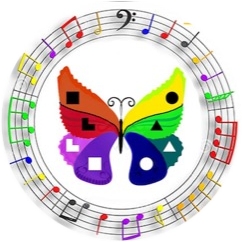


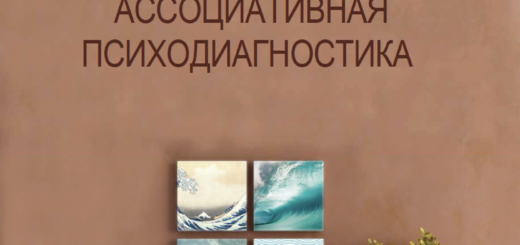



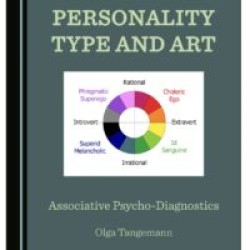
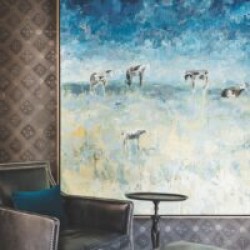

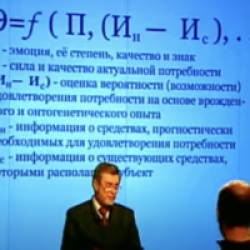
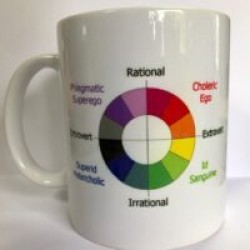
ЛСИ о ЭСЭ скопировано из чата на фэйсбуке:
“я за что ваш тим люблю бесконечно, так это за вашу открытость. Вы мне просты и понятны, нет двойного дна, лишних подтекстов. Нет лишнего ничего. Вы мне понятны, потому — безопасны, по ощущениям. И я сразу разоружаюсь, и проникаюсь)…
Как-то в гостях у моей любимой Гюгошки и ее мужа СЭИ были два Макса, я и муж) и вот мы трое, уже давно перевалившие некий возрастной рубеж)), идем за Гюгошкой на лиман… шары воздушные в небо выпускать. средь бела дня. с записочкой: мол, кто найдет наши шарики, отпишитесь на такую-то почту. и мы все радостно туда идем, всем весело. или небесные фонарики ночью запускаем и загадываем желания. или бегаем по несколько дублей с горки вприпрыжку с воздушным змеем, чтобы потом нарезать видео под прикольную музыку. два Максима и Дюма) только Гюго может сделать такой праздник) чтобы в нем захотелось участвовать нам троим. и все ощущалось естественно, как так и надо) мы все тогда опять почувствовали себя детьми, счастливыми и беззаботными. вот такая она, моя Гюгошка. и еще всякая разная другая) я счастлива, что в моей жизни есть близкий человек-полудуал.”